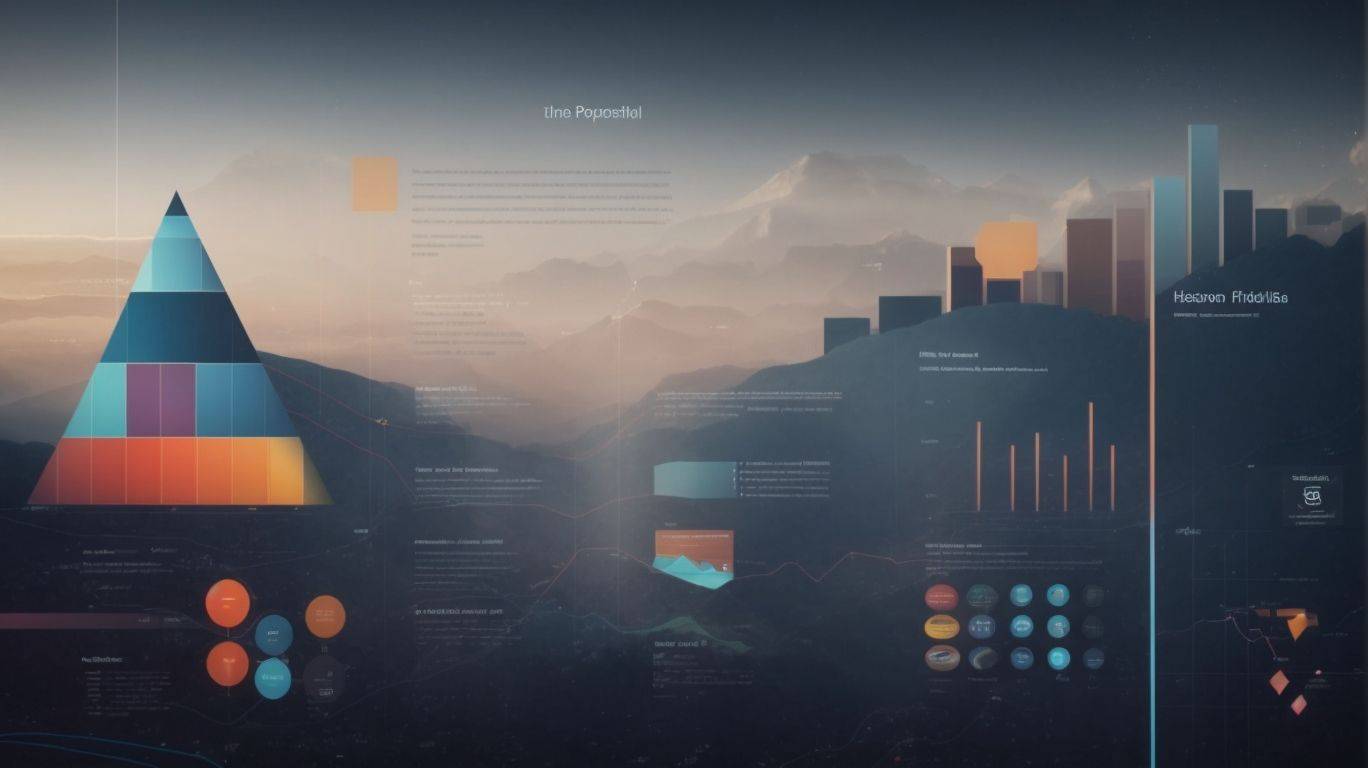In today’s fast-paced digital world, predictive analytics has revolutionized the way businesses approach marketing strategies. By utilizing advanced data analysis and machine learning techniques, marketers are able to accurately forecast consumer behavior and tailor their campaigns for maximum impact.
In this article, we will explore the power of predictive analytics in marketing and how businesses can leverage this technology to stay ahead of the competition.
Key Takeaways:
Predictive Analytics in Marketing
Predictive Analytics in Marketing involves leveraging data and insights to forecast trends in consumer behavior and optimize marketing strategies.
By utilizing advanced algorithms and statistical models, predictive analytics give the power tos marketing professionals to extract valuable information from vast amounts of data. This data-driven approach enables them to identify patterns, trends, and correlations that might not be apparent through traditional methods.
- Predictive analytics helps anticipate consumer preferences and behaviors, allowing marketers to tailor their campaigns for maximum effectiveness.
- It also aids in segmenting audiences and personalizing communication, leading to more meaningful interactions and higher conversion rates.
The strategic implementation of predictive analytics can result in cost-effective campaigns, increased ROI, and a competitive edge in the dynamic marketing landscape.
Benefits of Predictive Analytics
According to Gartner, predictive analytics can drive revenue growth, give the power to marketing executives, uncover new opportunities, generate qualified leads, and improve operational efficiency.
Predictive analytics offer a myriad of benefits for organizations venturing into data-driven decision-making. One key advantage is the enhancement of revenue streams through targeted marketing strategies and sales predictions. By understanding customer behavior patterns and market trends, businesses can optimize their offerings and pricing to maximize profits. Predictive analytics give the power tos executives by providing them with actionable insights and real-time data, enabling informed strategic decisions and agile responses to market dynamics.
Tools for Predictive Analytics
Various predictive analytics platforms such as Improvado, Domo, Sisense, Looker, Tableau, Dataiku, Alteryx, Emcien, and Snowflake Data Cloud offer advanced capabilities for data analysis and modeling.
-
Improvado provides a user-friendly interface and seamless integration with various data sources, making data extraction and transformation effortless.
-
Domo stands out for its powerful visualization tools and real-time data updates, ideal for quick decision-making in fast-paced environments.
-
Sisense boasts in-memory processing capabilities for fast querying and processing of large datasets, enhancing overall performance and efficiency.
-
Looker’s centralized data model give the power tos users to create custom metrics and dimensions, fostering a deeper understanding of data insights.
Big Data and Predictive Analytics
The synergy between Big Data and Predictive Analytics harnesses the power of artificial intelligence and machine learning to drive predictive modeling and enhance customer segmentation.
By leveraging advanced algorithms and huge volumes of data, AI and ML technologies are able to analyze patterns and trends that would be impossible for humans to identify. This allows businesses to make accurate predictions and identify valuable insights that can be used to tailor marketing strategies and improve operational efficiency.
The integration of big data and predictive analytics enables companies to personalize customer experiences through enhanced customer segmentation. By understanding consumer behavior and preferences at a granular level, organizations can target their audience with relevant offerings, boosting customer satisfaction and loyalty.
Applications of Predictive Analytics in Marketing
Predictive analytics in marketing finds applications in recommendation engines, lead prioritization, churn prediction, ad personalization, and successful implementations by industry leaders like IBM and Mastercard.
This powerful technology enables companies to understand customer behavior patterns, preferences, and buying cycles more accurately. With recommendation engines, businesses can offer personalized product suggestions to customers based on their past interactions. Lead prioritization strategies help organizations identify high-potential leads for targeted marketing efforts, ultimately boosting conversions. Churn prediction methods anticipate customer attrition, allowing proactive retention measures to be implemented. Personalized ad campaigns tailor marketing messages to individual customers, enhancing engagement and driving brand loyalty.
Frequently Asked Questions
What is Predictive Analytics for Marketing?
Predictive Analytics for Marketing is a data-driven approach that uses statistical models and machine learning techniques to forecast future trends and behavior of customers, helping businesses make informed decisions and improve their marketing strategies.
How does Predictive Analytics for Marketing work?
Predictive Analytics for Marketing works by analyzing historical data, identifying patterns and trends, and using that information to make predictions about future customer behavior. This process involves collecting and cleaning data, creating models, and using algorithms to make accurate predictions.
What are the benefits of using Predictive Analytics for Marketing?
There are several benefits of using Predictive Analytics for Marketing, including improved customer understanding, increased ROI, better targeting and personalization, and more efficient resource allocation. It can also help businesses identify new opportunities and reduce risks.
What types of data are used in Predictive Analytics for Marketing?
Predictive Analytics for Marketing uses a variety of data, including customer demographics, past purchase history, website interactions, social media activity, and more. It can also incorporate external data sources such as economic trends and industry data.
Can Predictive Analytics for Marketing be used for all types of businesses?
Yes, Predictive Analytics for Marketing can be used by businesses of all sizes and industries. It can be applied to various marketing activities such as customer acquisition, retention, cross-selling, and upselling. It is a versatile tool that can benefit any business looking to improve their marketing strategies.
Is Predictive Analytics for Marketing the same as traditional market research?
No, Predictive Analytics for Marketing is not the same as traditional market research. While market research relies on surveys and focus groups to gather opinions and feedback, Predictive Analytics for Marketing uses advanced data analysis techniques to make predictions and forecasts based on historical data.


